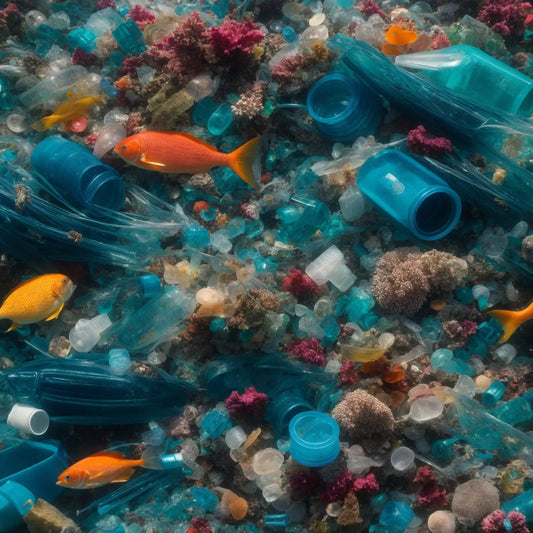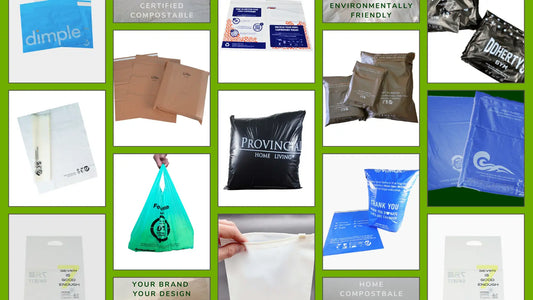In the growing wave of environmental consciousness, the choice between recycled plastics and compostable materials has come to the forefront, hailed by some as the battleground for the green revolution. These materials represent our attempts to mitigate the colossal impact of single-use plastics on our planet. But in the arena of environmental sustainability, it is evident that only one of these purported saviours holds water — and that, quite literally, is compostable.
The Case for Compostable Materials
Compostable materials have begun to carve a niche in conversations around sustainability. The defining feature of compostable plastics lies in their potential to biodegrade into natural elements such as water, CO2, and organic matter within a specific timeframe. This inherent nature, the very essence of compostability, stands in stark contrast to recycled plastics, whose promise of a closed-loop system often fails to materialise. The argument in favour of compostability is compelling. It suggests an ultimate elimination of waste — a vision almost utopic in the looming shadow of the Great Pacific Garbage Patch. But can we truly expect this compostable dawn? The critical difference that separates the two lies in their endpoints. While compostable materials blend with nature's cycles, recycled plastics merely skirt along the edges, intrinsically still plastic, susceptible to the same pitfalls that beset their single-use progenitors.
The Illusion of Recycled Plastic
Recycled plastics might seem like a logical step forward — utilising existing plastic to reduce waste and conserve resources. However, the application of recycled plastics as a sustainable alternative is rife with complexities. The recycling process itself is inefficient and costly, limiting its potential to harness the true benefits of the 'reduce, reuse, recycle' trifecta. Beyond the logistical challenges, the perpetuation of the plastic lifecycle through 'recycling' serves to maintain a demand for new plastic, undermining the ultimate goal of plastic reduction. There’s also the insidious issue of microplastics — recycled or not, plastic's degradation, over time, infuses our environment with tiny, often invisible, pieces of non-biodegradable material, a legacy that future generations will grapple with.
Consumer and Industry Responsibility
The dichotomy between recycled plastics and compostables also raises the question of individual and corporate responsibility. Consumers, armed with the knowledge of these materials' lifecycle impacts, have a direct hand in steering the ship towards a more sustainable future. Concurrently, industries must pivot their production lines and packaging to solutions that align with genuine eco-friendly outcomes. This calls for a departure from mere surface-level adjustments, such as using a percentage of recycled materials in packaging, towards a more radical overhaul in the materials we introduce into our daily lives.
Conclusion
Recycled plastics are not the panacea they are often publicized to be. The industry's focus on recycling as a solution to our plastic problem risks overshadowing the successes and potential of compostable materials — solutions that, by design, offer a less damaging route to waste management. With compostable materials, consumers and producers are given an opportunity to interact with materials that genuinely align with the environment's interests. The onus is on us to champion these truly green materials and ensure their place in the future of sustainable living. Only then might we mitigate — if not mend — the trail of plastic detritus we have wrought upon the planet.














0 comments